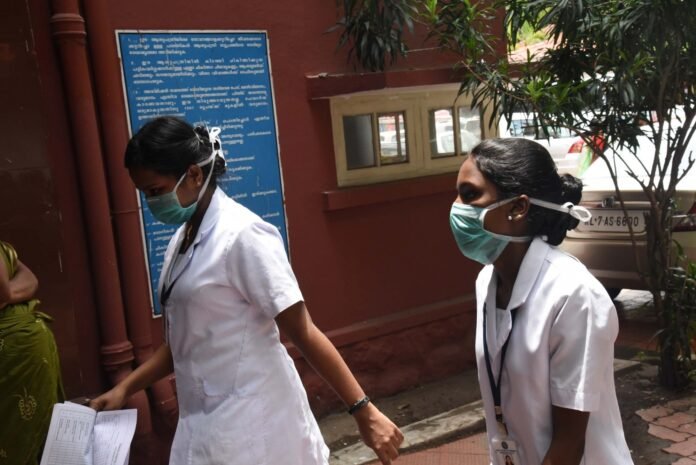New Delhi, Oct 24 – The World Bank’s Board of Executive Directors signed off on a $280 million loan to boost health services for 11 million of Kerala’s elderly and vulnerable residents. The package, called the Kerala Health System Improvement Programme, will strengthen the state’s health infrastructure, make care easier to access, and help fight rising non‑communicable diseases like hypertension, diabetes and cancer.
Key goals of the plan are to:
* Treat 90 % of patients with hypertension and diabetes through electronic tracking and data sharing.
* Expand home‑based care for people who are bedbound, homebound or otherwise at risk.
* Lift the proportion of patients whose high blood pressure is under control by 40 % and double screening for cervical and breast cancer, raising rates by 60 %.
The programme will also improve Kerala’s digital health ecosystem by adding e‑health services, integrated data platforms, and stronger cybersecurity. It will upgrade primary facilities in Wayanad, Kozhikode, Kasaragod, Palakkad and Alappuzha with climate‑smart solutions such as energy‑saving equipment and flood‑resilient designs.
“We’re building a health system that can withstand climate shocks and keep the population healthy,” said Paul Procee, the World Bank’s Acting Country Director for India. “Good health drives jobs and growth, and a resilient system helps the economy weather emergencies and pandemics.”
Kerala has led India for two decades with low neonatal, infant, under‑five and maternal mortality rates, thanks largely to high literacy and strong public health programs. Still, the state now faces a surge in chronic illnesses, an aging population that already makes up over 20 % of residents, and a lack of rapid emergency and trauma care—over 4,000 road‑traffic deaths are reported each year.
The new programme will partner with local governments—gram panchayats and municipal corporations—to standardize antibiotic use, quicken lab testing for zoonotic diseases, and develop a multilevel trauma system. “Our One Health approach will help Kerala incorporate community surveillance into everyday practice,” said Task Team Leaders Deepika Chaudhery and Hikuepi Katjiuongua.
The loan, issued by the International Bank of Reconstruction and Development (IBRD), will mature over 25 years and include a five‑year grace period. Once in place, it could keep 8.5 million people across Kerala receiving timely, high‑quality health care.
With this plan, Kerala hopes to extend healthier, longer lives to its oldest residents and keep its health system strong in the face of a changing climate and growing health needs.
Source: ianslive
Stay informed on all the latest news, real-time breaking news updates, and follow all the important headlines in world News on Latest NewsX. Follow us on social media Facebook, Twitter(X), Gettr and subscribe our Youtube Channel.



